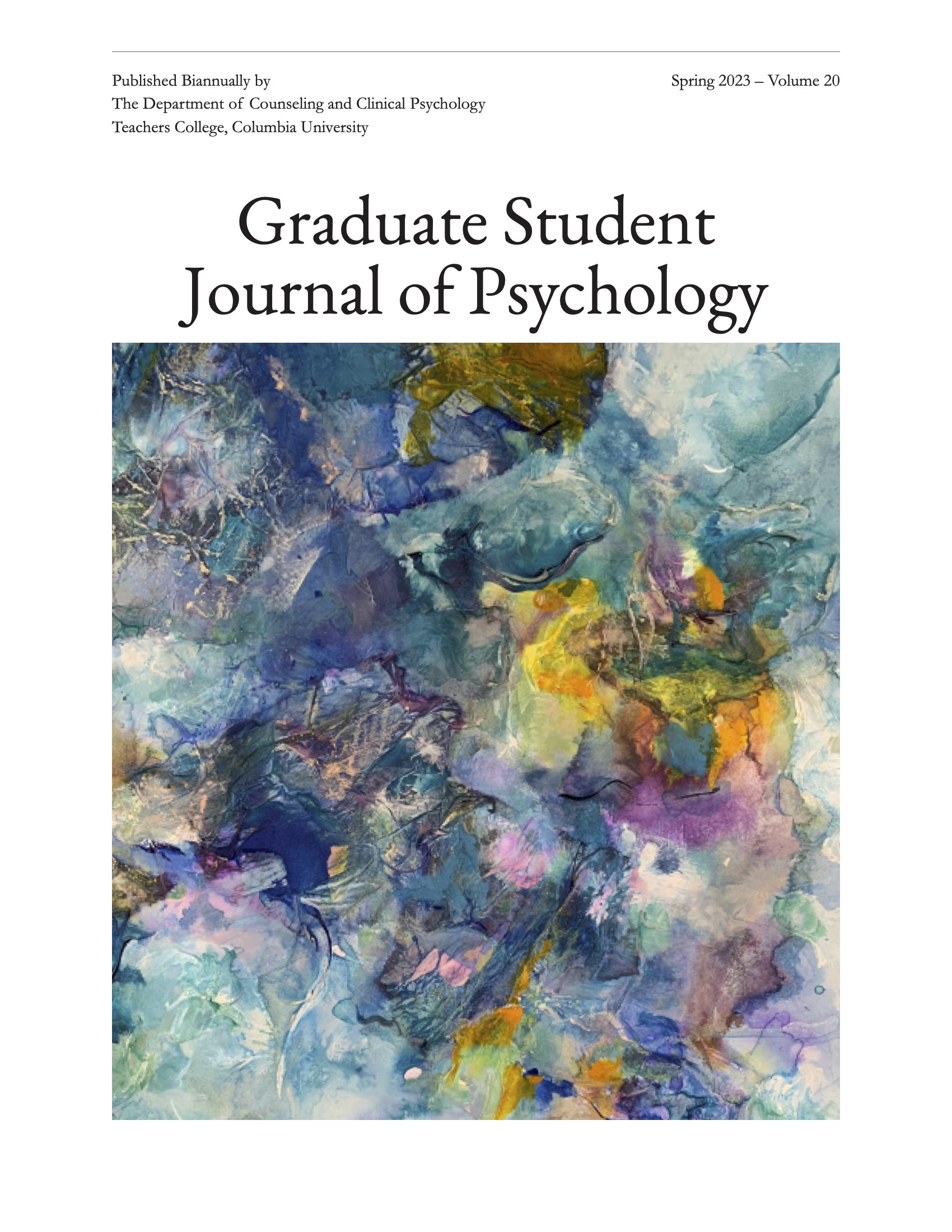The Impact of a Brief Humanizing Intervention on Prejudice Towards Transgender Individuals
Main Article Content
Abstract
Transgender individuals face an abundance of stigma and prejudice from society, making them vulnerable to discrimination, violence, increased stress, and mental health deterioration (Hughto et al., 2015). This study looked at the extent to which a brief humanizing intervention can decrease prejudice against transgender individuals using methods designed to reduce social desirability bias. Unlike past work, the current study implemented a control group that was not subjected to any intervention. Participants (N=302) were randomly assigned to one of three conditions: the control condition, the transman letter condition, and the musician letter condition. Only cisgender participants within the gender binary were used in the analysis (N=293). The humanizing intervention involved having participants read a letter written by a transgender man in which he comes out to his parents. The musician letter condition involved having participants read a letter written by a young man telling his parents that he is quitting college to pursue a career in music. The control condition did not include any letter. Participants then responded to various dependent measures such as attitudes towards transgender individuals and empathy. Few effects of the intervention were observed, which were inconsistent with past research. However, the results of this study showed an impact on participants’ perception of how parents should react to their children coming out and a decrease in the standard gender differences in empathy. Thus, the results offer a nuanced understanding of the extent to which humanizing interventions can reduce prejudice towards transgender individuals.
Article Details

This work is licensed under a Creative Commons Attribution-NonCommercial 4.0 International License.

